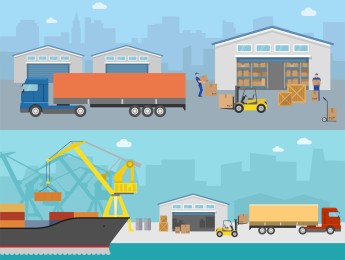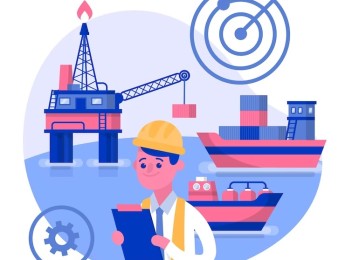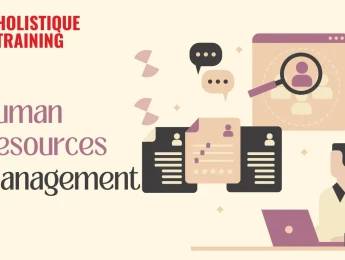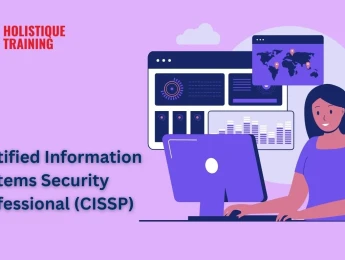It is crucial for any organisation to establish an effective transportation function to ensure all resources and products are safely and effectively transported to the desired locations. If an organisation has poor corporate transport, it is guaranteed to have unmanaged costs, poor productivity, and a high amount of damaged or unusable resources.
Corporate transport is the process of managing transport functions throughout an organisation. This can include procuring resources from suppliers and manufacturers, managing carrier relationships, and managing clients. Efficient corporate transportation is essential for an organisation as it can greatly reduce the costs of resources and delivering to customers, allow for better quality control, and minimise product waste.
Understanding the fundamentals of corporate transportation also enables a better relationship with customers and stakeholders. Effective transport functions would guarantee all products will be delivered swiftly and safely. This can help boost the organisation's credibility, increase its customer base, and make it more desirable in the eyes of stakeholders.
Upon completion of this course, participants will be able to:
- Understand the importance of transportation in a corporate setting.
- Review the different roles of the transport function.
- Assess how each role influences the efficiency of the transport function.
- Evaluate risks and potential challenges at each stage of transportation.
- Examine how to procure the desired resources safely, efficiently, and cost-effectively.
- Measure the performance of the transport function and investigate methods of improving performance.
- Planned and managed various transport contracts, including service level agreements.
- Develop and interpret KPIs to enable strategic monitoring of service performances.
This course is designed for anyone within an organisation responsible for corporate transport functions. It would be most beneficial for:
- Finance Managers
- Financial Advisors
- Operations Managers
- Transport Managers
- Procurement Specialists
- Planning Managers
- Senior Executives
- Business Owners
This course uses a variety of adult learning styles to aid full understanding and comprehension. Participants will review established corporate transport functions to highlight key features that ensure safety, minimal costs, and maximum productivity.
Participants will be supplied with the necessary equipment to complete the provided learning exercises. Combined with other learning methods such as presentations, discussions, video materials and group activities. These methods will allow participants to fully understand the content taught and effectively implement their new knowledge within their respective roles.
Day 5 of each course is reserved for a Q&A session, which may occur off-site. For 10-day courses, this also applies to day 10
Section 1: Introduction to Corporate Transport
- Identifying what corporate transport entails.
- Understanding how the transport function fits within an organisation.
- Assessing the needs and demands of customers and stakeholders.
- Analysing the ideal transport functions required to provide an outstanding service.
- What functions are included in corporate transport?
- Describing the consequences of poor corporate transport for an organisation.
Section 2: Effective Transport Planning
- Assessing what is readily available within the organisation and the immediate market.
- Analysing market trends and predicting future trends.
- Utilising knowledge of the market to create detailed plans and strategising required resources.
- Investigating suppliers, manufacturers and vendors and building positive relationships.
- Establishing transportation methods for resources to and from desired personnel.
Section 3: Acquisition Strategy
- The importance of an acquisition strategy.
- Creating an acquisition plan based on the developed acquisition strategy.
- Methods and techniques of procurement to ensure all resources are of the highest quality and cost-effective.
- Producing a lifecycle concept for resource acquisition.
- Understanding the ideal time to purchase.
- What factors influence costs, quality, and efficiency?
Section 4: Operating the Corporate Transport Function
- Effectively managing the transport functions on a day-to-day basis.
- Ensuring a safe environment throughout the transport functions.
- Implementing quality control to reduce product waste and damage.
- Ideal practices and methods to reduce costs.
- Keeping operations in alignment with customer and organisational needs.
- The various types of contracts and their advantages and disadvantages.
Section 5: Performing on Target
- The importance of measuring performance.
- Conducting KPIs to measure transport function performance.
- Maintaining consistent costs and service quality.
- Ensuring productivity aligns with corporate strategy.
- Managing performances to guarantee all functions are working within the agreed contracts.
Upon successful completion of this training course, delegates will be awarded a Holistique Training Certificate of Completion. For those who attend and complete the online training course, a Holistique Training e-Certificate will be provided.
Holistique Training Certificates are accredited by the British Accreditation Council (BAC) and The CPD Certification Service (CPD), and are certified under ISO 9001, ISO 21001, and ISO 29993 standards.
CPD credits for this course are granted by our Certificates and will be reflected on the Holistique Training Certificate of Completion. In accordance with the standards of The CPD Certification Service, one CPD credit is awarded per hour of course attendance. A maximum of 50 CPD credits can be claimed for any single course we currently offer.
- Course Code IND03-109
- Course Format Online, Classroom,
- Duration 5 days














